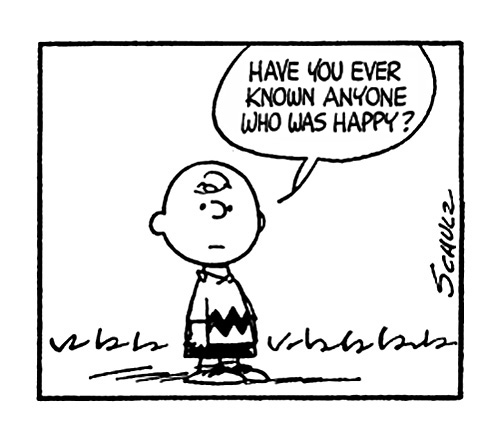
Mais algumas semanas e
chegaremos a julho, mês das férias escolares. Vem aumentando o número de
agências de turismo que promovem pacotes ‘didático-culturais’, que compreendem
parte aérea, estadia em casas de família, cursos de inglês e visitas a pontos
turísticos e locais históricos na Inglaterra, Irlanda, Escócia, Estados Unidos,
Canadá e Austrália.
Até onde eu sei, é possível
que eu tenha sido o primeiro professor de inglês de São Paulo a levar um grupo
de alunos para a Inglaterra, na cidade de St. Albans, em 1987. No futuro, meus
biógrafos encarregar-se-ão de verificar tal informação.
Ao chegar a qualquer um desses países, o aluno deve estar
preparado para responder certas perguntas inevitáveis. Gabriela Kruschewsky publicou no ridiculous things people say when they find out you’re
Brazilian.”
Vou reproduzir suas (her) perguntas ou comentários e propor
algumas respostas mais ou menos mal-educadas.
1. “Are you from Rio or São Paulo?”
Brazil has an area of
8,500,000 km2, being nearly as large as the whole of Europe, which
covers a total area of 10,180,000 km2. It is divided into 27 states,
plus the Federal District. So you might as well ask if I am from Sergipe
or Espírito Santo.
2.
“You must be
really good at soccer...”
If you watch any of the so called clássicos, matches between traditional and famous soccer teams, you
will probably change your mind. Players like Pelé, Rivelino, Neymar or Dani
Alves are absolute exceptions. Most of us can hardly tell a ball from a
pumpkin.
3.
“Do you speak Brazilian?”
Not yet. From a technical point of view, the language we
officially speak is Portuguese, but we make so many mistakes that, yes, you’re
right, we’re on the way of speaking Brazilian.
4.
“The capital of
Brazil is Rio, right?”
Not exactly. Rio de Janeiro was the capital of Brazil from 1763
to 1960, when the new capital was inaugurated: Brasília. I said Brasília, not
Buenos Aires, ok?
5. “Oh yeah, you guys hate Argentina!”
We don’t hate Argentina, nor does Argentina hate us. How is it conceivable
to hate a whole country? Remember: prejudice is another name for ignorance.
6. “Sambaaaa.”
“Riooooo.” “Peléééé.”
When you say ‘samba’,
you probably mean bossa nova, which is beautiful, but you won’t hear it played
in Brazil. Instead, your ears will be filled with atrocities such as sertanejo,
rap and funk.
Rio...Ah, Rio!
Beaches, girls, drug trafficking, shootings, you name it.
Pelé was great. He’s history. People no longer talk about
him. It’s as if Americans sighed with longing every time they heard the name of
Lincoln.
7. “I love Brazilian food. Can you cook [insert
dish here]?”
No, but I can fix
you a hamburger, which we pronounce ‘amburgue’ (/@mbUrgi/), and has become almost as Brazilian as [insert dish
here].
8. “Really? You don’t look Brazilian. I thought
maybe you were [insert other nationality here].”
Yes, it’s amazing
that besides Indians and blacks, we can also be white, not to mention yellow!
9. “That’s so cool, so do you see monkeys just
running up and down the streets and stuff?”
Well, that
sometimes does happen, but only when a chimp escapes from a zoo. As for stuff,
yes, you’re right.
10.
“Why is your English so good?”
Thank you. Your
English is not so bad either.
·
·
·
·
·






